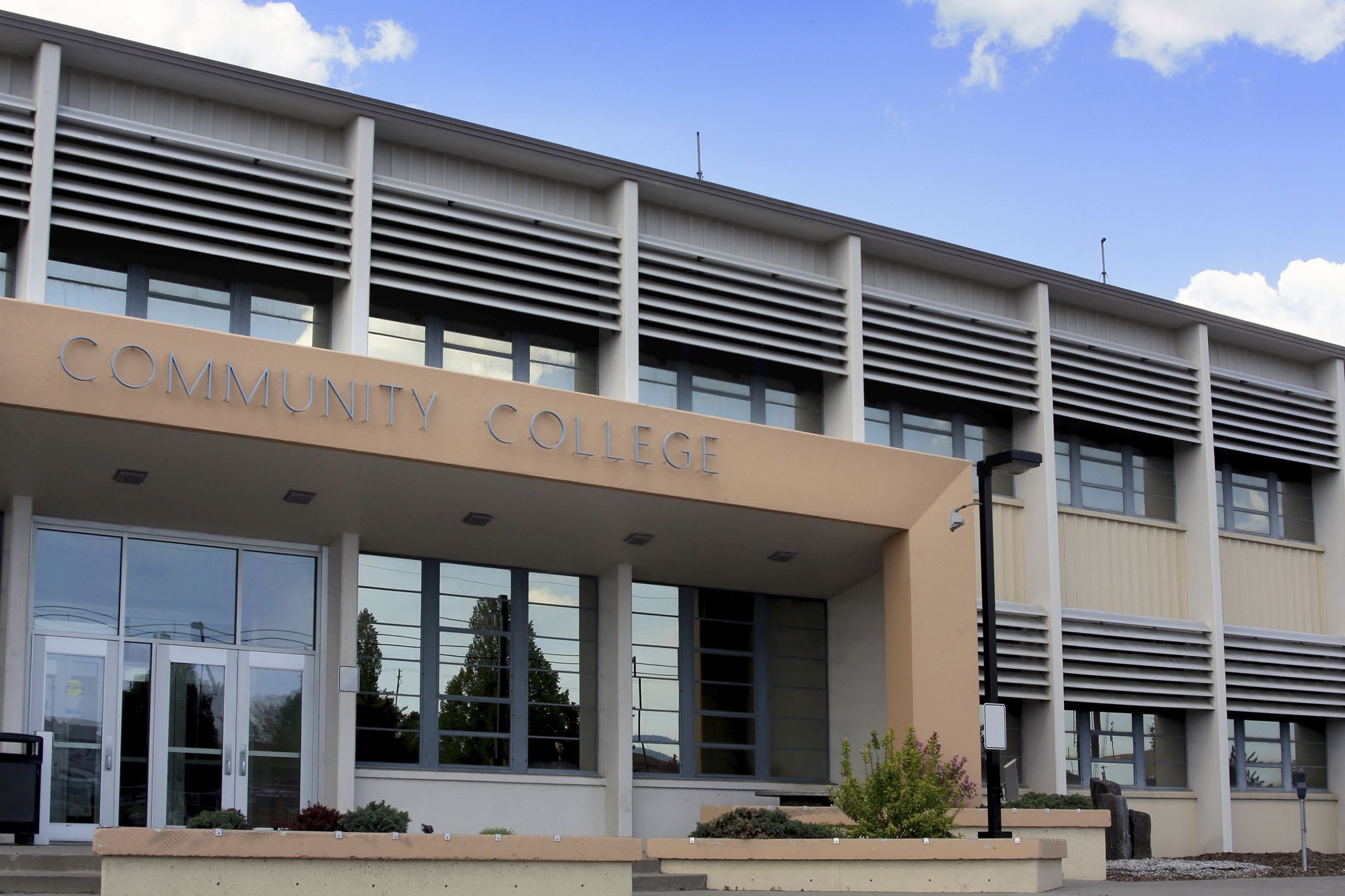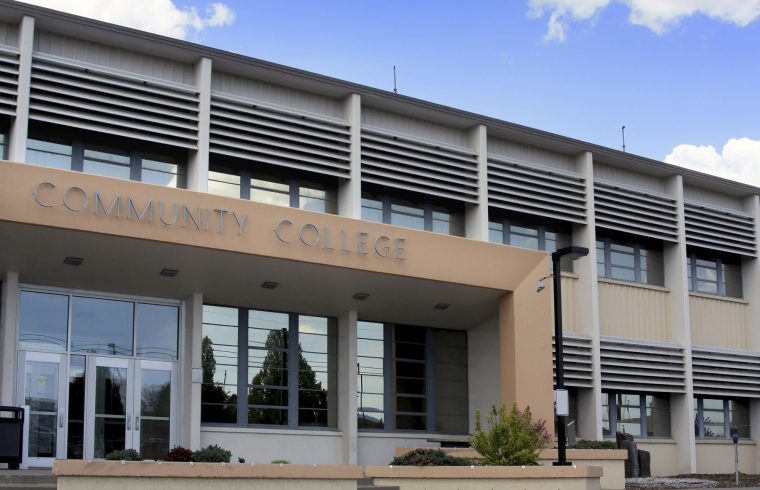
Crisserbug | Getty Images
With more Americans under financial pressure due to the coronavirus, paying for college is a growing problem.
Nearly 70% of families are worried about how they will cover the cost and more than half now say their higher education plans have changed due to Covid-19.
By necessity, some students will attend a community college close to home or delay going to college altogether.
So the possibility of free tuition could make all the difference.
More from Invest in You:
How to borrow money if you are out of options
Covid-19 changes the game for the parents of college kids
Six strategies to help recent college grads find work right now
The Community College of Denver recently said it will offer free tuition to all 2020 graduates of Denver public schools, including undocumented students, who meet the requirements for in-state tuition.
Connecticut also just announced a tuition-free community college program for 2020.
“With the economic effects of the pandemic lingering, the opportunity for individuals to access a community college education is more imperative than ever,” David Levinson, the interim president of Connecticut State Community College, said in a statement.
The program, called PACT, is open to graduates of a public or private Connecticut high schools who will be first-time college students.
Historically, community colleges see an influx of students during economic downturns.
“With the country’s current levels of unemployment, we would expect to see enrollments climb somewhat this fall and even into next year regardless of what states do about making their tuition free,” said Morley Winograd, the president and CEO of the Campaign for Free College Tuition.
Community college is significantly less expensive than a four-year school. At two-year public schools, tuition and fees are $ 3,730 for the 2019–2020 school year, according to the College Board. Alternatively, at in-state four-year public schools, tuition is $ 10,440 and at four-year private universities it averages $ 36,880.
Nearly 20 states, including Tennessee, Arkansas, Indiana, Minnesota, Montana, Oregon and Rhode Island, have statewide free community-college programs already in place.
In those state-based programs, students receive a scholarship for the amount of tuition that is not covered by existing state or federal aid.
Most, like Connecticut, are “last-dollar” scholarships, meaning the program pays for whatever tuition and fees are left after financial aid and other grants are applied.
“Last-dollar” programs require less investment up front, however, it is unlikely that many more states will roll out free college initiatives — at least for now, according to Jennifer Mishory, a senior fellow at The Century Foundation, specializing in issues related to workforce and higher education.
Although state support for higher education rose 5% this year, according to the Center for the Study of Education Policy at Illinois State University, a sharp decline in revenue as a direct result of the pandemic will mean less funding for public higher education institutions going forward.
“Because of significant budget shortfalls, it makes it less likely states will pursue free college plans, particularly without federal government support,” Mishory said.






